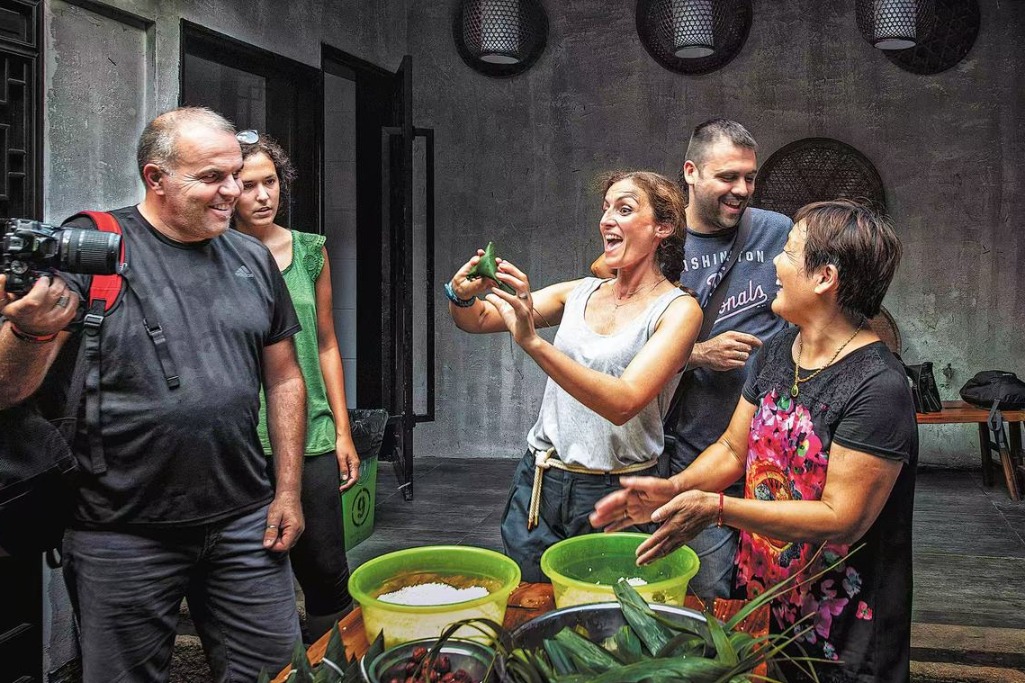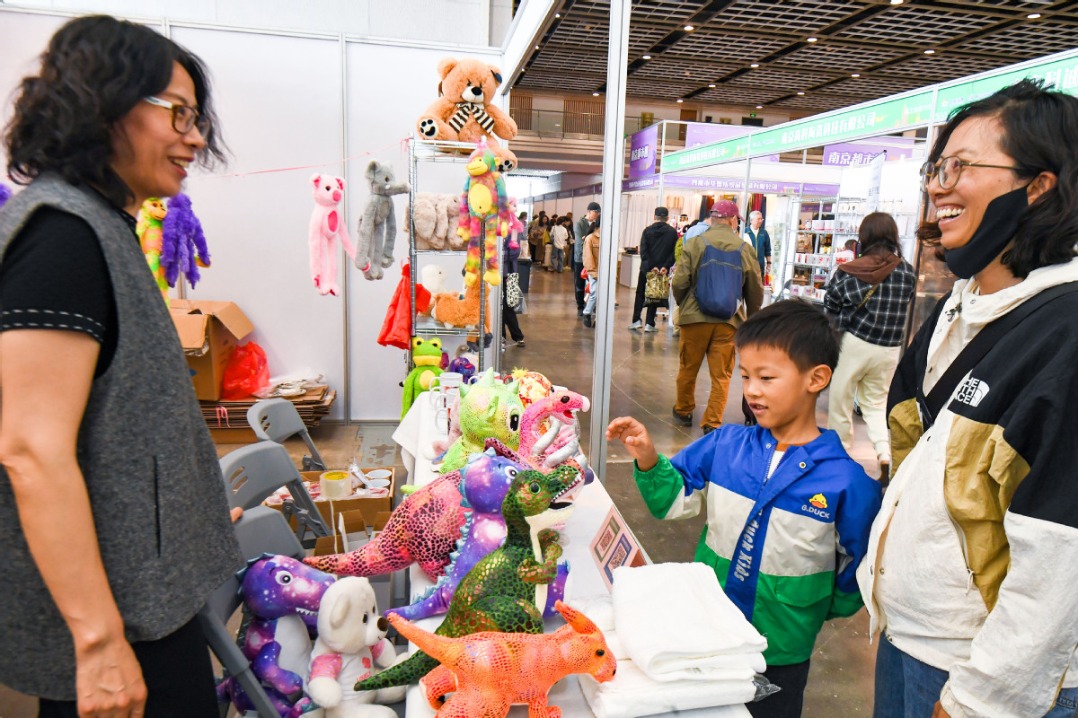Officers make a stand to arrest poverty


Thirst for knowledge
While the villagers have reunited with their families, Buha is away from his wife, who teaches in Liangshan's Ganluo county and takes care of their baby son. Their older son attends boarding school in Xichang, the prefectural capital.
Buha, 35, was born and raised in a village in Ganluo. His mother died when he was 12, and his father owed money for her medical treatment.
Influenced by his uncle, a primary school teacher, Buha wanted an education so he could decide his own destiny.
He was one of just two children in his village who regularly trekked several kilometers over the mountains to attend primary school.
When he was admitted by Chengdu University of Technology, his father went from door to door to borrow money for his tuition fee.
"Thanks to preferential policies for students from ethnic groups and my relatives and neighbors, I completed my studies. I don't take it for granted, though, and will repay my home village and pass on the kindness shown to me," Buha said.
His experience tells him that boosting people's dignity is the most important thing in changing their destinies, especially those living in poor villages.
"If people have a sense of dignity and want to be respected, they will be more motivated and struggle out of poverty whatever difficulties they encounter," he said.
To motivate the villagers, Buha organizes occasional appraisals, rating them for things such as work ethic, cleanliness, cooperation and observance of the law.
"People can't reap without sowing. Those who wait for favorable policies and financial aid will lose their dignity," he said.
"I am not satisfied with the current situation. I will only have achieved my goal when the villagers can earn stable incomes unaided and can even support others in need."























